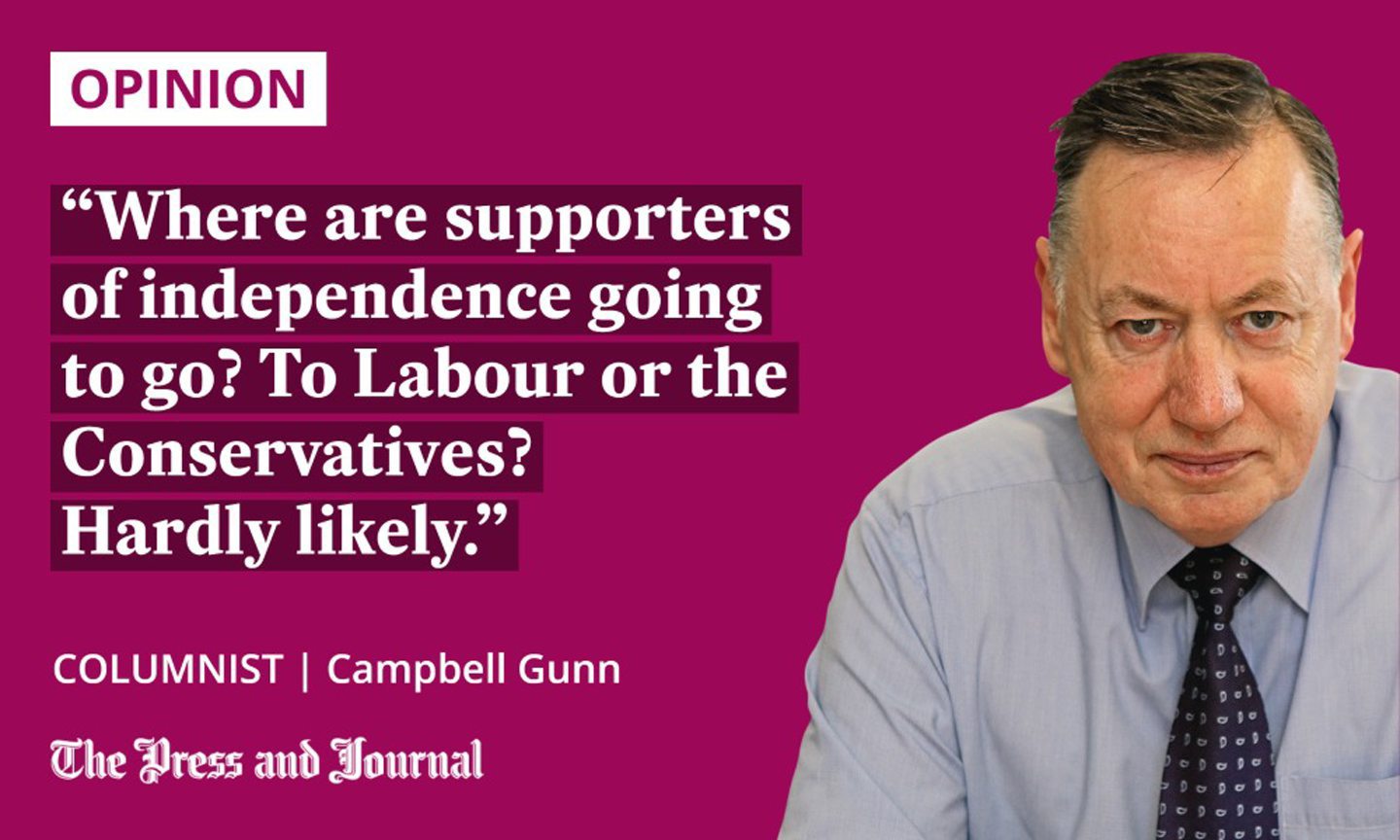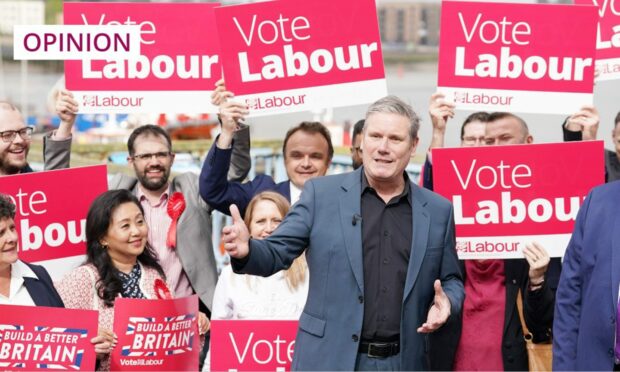Last week’s local government elections in England were the largest test of public opinion since the days of Boris Johnson’s premiership.
The results were good for both Labour and the Liberal Democrats, and bad for the Conservatives. But what did they tell us about the prospects for each party at the next general election?
The answer is: very little. This election is likely to be held in the latter half of next year. In that vote, Keir Starmer will attempt to be the first Labour leader other than Tony Blair to win a general election in the past 50 years. A long list of Labour leaders – Jim Callaghan, Michael Foot, Neil Kinnock, Gordon Brown, Ed Miliband, Jeremy Corbyn – all tried and failed.
However, there are several caveats to Labour’s success last week. Firstly, the votes were only held in England – and not even all of England, with no elections being held in London. There were no votes in Scotland, Wales, or Northern Ireland.
As these were local council elections, the turnout was low. That usually helps parties with a hard core of voters, who turn out at every election. This may account for the relative successes on Thursday of both the Liberal Democrats and the Greens.
And, finally, the vote was held in late mid-term for the Westminster government – a time when the incumbent party, whatever its make-up, is traditionally punished by the electorate.

Senior Labour politicians, with some justification, have been jubilant since the declaration of the results. Indeed, I heard one adding that, in addition to the English results, in Scotland, “the SNP is in meltdown”, almost implying that Labour expects to recoup most of the seats it has lost north of the border in recent years. However, the party should be cautious in its confidence.
No one can deny that the SNP has been in serious trouble these past few weeks. And, of course, there may be worse to come for the party, as Police Scotland’s Operation Branchform takes its course.
However, as Harold Wilson once said, a week is a long time in politics. Who would have thought just a few weeks ago that the SNP would find itself in such trouble? But the corollary is that there’s a long time between now and the next general election.
Humza Yousaf has endured a baptism of fire
Who knows what scandals might enfold any of the parties in the next 18 months? In Scotland, Humza Yousaf has endured a baptism of fire as first minister. But, to his credit, he has handled the unprecedented crises with which he has been landed with some skill.
As things calm down, it is perfectly possible that Mr Yousaf will emerge with his reputation enhanced. And, within a few months, as the news caravan moves on, it is also likely that the SNP’s current woes could be but a distant memory.
Of course, the Scottish Government has parliamentary problems to face, too. But the new first minister has already indicated a change of tack on some contentious issues, such as Highly Protected Marine Areas and the Deposit Return Scheme – policies championed more by the Greens than the SNP. That displays a degree of political acumen.
If the fiasco of the ferries can also be sorted out, along with some improvement in NHS targets, then Yousaf and the party’s fortunes could be turned round very quickly.
Independence supporters will probably stick with the SNP
Recent surveys have seen a slippage in the polls for the Nationalists, yet support for independence remains steady. As minds are concentrated in a general election campaign, where are supporters of independence going to go? To Labour or the Conservatives? Hardly likely.
When faced with the prospect of a Labour government which would simply be a pale imitation of the current Conservative administration, surely independence supporters would have no alternative but to cast their votes for the SNP?
It is perfectly possible that the SNP could hold the balance of power in a hung parliament, and that the price of supporting a Labour government would be an agreement on an independence referendum
Here, then, is a bold prediction, admittedly a long way out from the next general election. The SNP will lose a few seats to Labour, but we will not see the sweeping changes which some within Labour are predicting and, indeed, some within the SNP are fearing.
Instead, it is perfectly possible that the SNP could hold the balance of power in a hung parliament, and that the price of supporting a Labour government (they would never enable a Conservative government) would be an agreement on an independence referendum. And, suddenly, it would be “game on” for the Yes movement once again.
Campbell Gunn is a retired political editor who served as special adviser to two first ministers of Scotland, and a Munro compleatist


Conversation